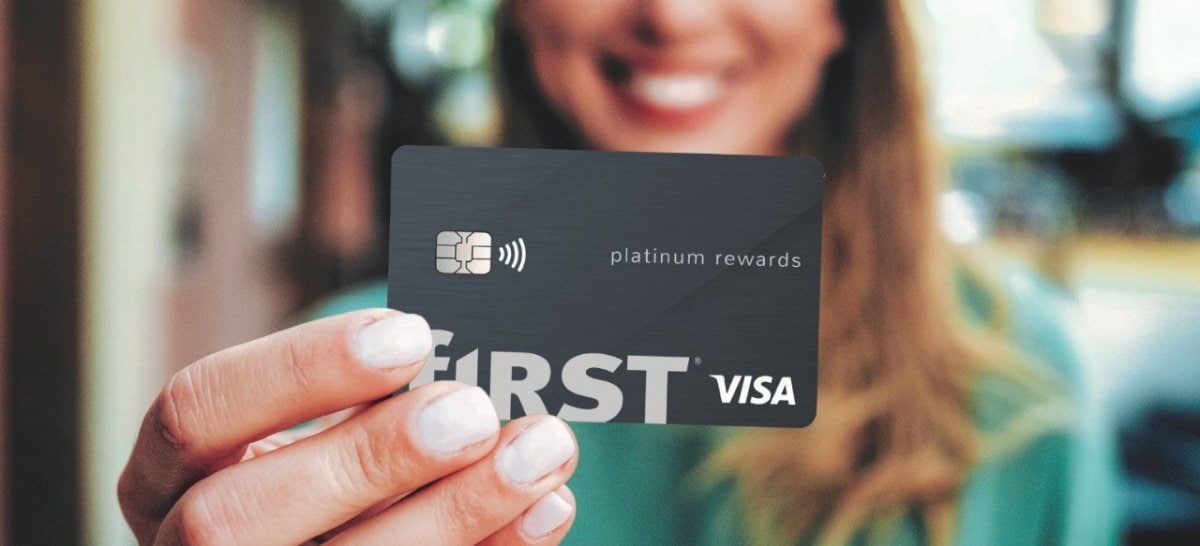

everything about auto loans
Tips to steer you in the right direction
We all dream about driving in that perfect car, from the brand to the style. It all comes down to the look and the feel when you first get inside and put your hands on the wheel. The car you choose can say a lot about who you are. However, getting to this step can be a long and hard process when you aren't sure how to pay for it.
There are so many car loan options out there and unless you have someone to help you, finding the right one might be confusing. Here are some tips that can help ease the burden of your car loan process.
Know your budget
Let’s face it, having your heart set on that perfect car will stay a dream if you can’t afford to buy it. Knowing your budget helps you determine what you can afford. When making your budget, you should also factor the costs for regular maintenance as well as any unforeseen issues. This way you won’t overspend and struggle making payments on your loan.
The trick to budgeting is spending no more than 25 percent of your household income for all your cars. The monthly payment for your car shouldn’t be more than 15 percent of your monthly income.
Check your credit score
It is always a good idea to check your credit report. You never want to go into a negotiation without knowing where your credit stands. It can be confusing, but your credit score is your best asset. The higher your credit score, the better your chances are for paying less in the long run. There are plenty of consumer reporting organizations, but most companies use the major three consumer credit bureaus: Equifax, Experian, and Transunion. All three credit bureaus can give you a free credit score and report.
Although your credit score can impact your ability to gain access to credit, it isn’t the only thing lenders will consider. Whether you have no credit or poor credit, there are ways to secure a loan through alternative lenders.
Think about your options
The average time people keep their cars is about six years, which is also about the average for a car loan. When thinking about what kind of car you are interested in, it all comes down to four different options: new, used, certified preowned, or lease. Your budget and preference will let you know which one is optimal for you. Everyone has their reasons for choosing one, but truly understanding the pros and cons of each will help decide what is the best option for you.
- A new car means it comes with a warranty and it has the latest technology, but it can be expensive, and the value will depreciate.
- Used cars and certified pre-owned vehicles are similar, but used cars are usually less upfront, and have a lower insurance premium.
- A certified pre-owned vehicle can still be more expensive, but it gives you peace of mind because the factory backs it and it comes with limits on age and miles.
- Leasing can offer a low-down payment, with a lower monthly payment and no upfront sales-tax fees, but you may encounter other fees such as excessive mileage penalties, early termination, lease-swap, wear and tear, and buyout cost.
Look at APR & interest rate
Car loans can run from 12-72 months, which can help calculate how much you want to pay monthly. The annual percentage rate (APR) is the cost you pay each year to borrow money, including fees, shown as a percentage. The higher the APR, the more you’ll pay over the life of the loan. The interest rate is the cost you pay each year to borrow money expressed as a percentage, but does not include fees charged for the loan.
Overall, dealers and lenders are not required to offer the best rates available. Save money over the life of the loan by negotiating the best interest rate and the lowest APR available to you.
Financing with your bank vs. the dealer
Financing through a bank or credit union allows you to prepare before visiting the dealership. This can save you time when finalizing your loan and helps you maintain control during the purchasing process, minimizing the chances of being swayed by add-ons you don’t need from the dealership. You can easily apply at your local banking center or online at your convenience.
A car loan may also originate with the dealer. So how do you figure out which choice is the right one for you? Financing through the dealer is like financing through the bank. The difference is that the dealer is doing the work on your behalf, filling out the credit application and submitting it to multiple lenders. This allows you to compare rates and terms to choose the best option for you.
Although it seems as if you’re getting the best rate with the dealer, they may negotiate a higher interest rate with you than what the lender offers. You could end up paying more on the interest than you would with your bank.
When financing your car, always make sure you choose the option that is best for you. When you do the research and run the math yourself, you’ll walk away feeling good about the car and your financial situation.
